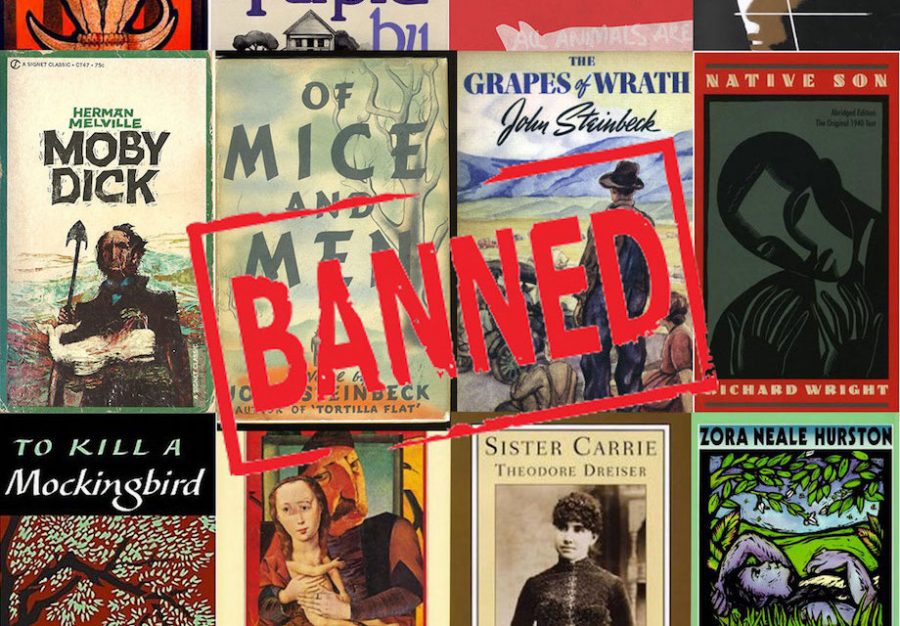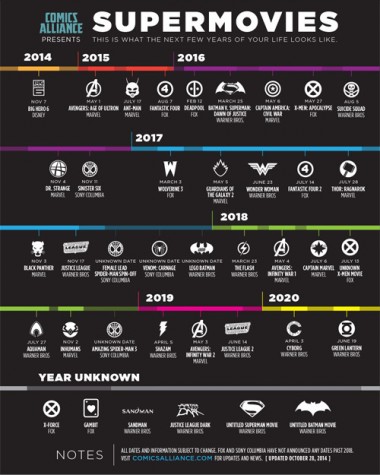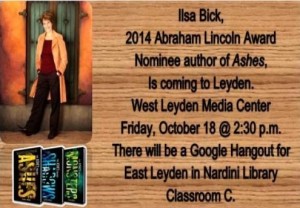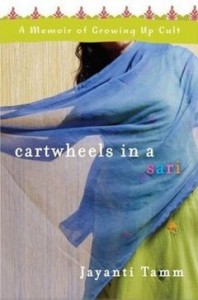Banned Book Week
Founded in 1982, Banned Books Week is celebrated annually during the last week in September and is observed by many schools in America. The event acknowledges Americans’ right to read books of their choice regardless of whether the ideas, language, or images are controversial. In order to acknowledge Americans’ right to read books of their choice regardless of whether the ideas, language or images are controversial, the Nardini Library will join other schools in celebrating Banned Books Week, an annual tradition founded in 1982.
This annual observance of banned books is a good opportunity to explore the difference between a book being banned and a book being challenged. Most of the books highlighted during Banned Books Week have been challenged but not banned. During Banned Books Week, many school librarians create displays of books from their own collections that have been challenged and/or banned.
The question we should ask ourselves is why do people ban books? Often it’s for religious or political reasons: An idea, a scene, or a character in the book offends their religion, sense of morality, or political views. Some folks feel they need to protect children from the cursing, morally offensive behavior, or racially insensitive language in a book. Or they think a book’s content is too violent or too sexual. Others say banned and challenged books help young readers learn about issues they may face or help them cope with emotions they’re having for the first time in their life and the freedom to access information and express ideas, even if the information and ideas might be considered unorthodox or unpopular.
At Leyden, we take Banned Book week seriously. We make a whole shelf dedicated to the banned book and have a presentation ready for any classes that sign up to learn about this. We set out into the halls of Leyden to ask some of the teachers the importance of Banned Book Week.
Ms. Gina Caneva, the librarian at East Leyden High School, talked about the value of the event.
“Well, so the idea of banning books really limits people’s freedoms. So you think of like, extreme societies. If you think of the Nazis during the Holocaust, one of the things that they did was start to limit the literature and burn a bunch of books. So even though in America, we don’t do that right now, there are still parents and communities that want to challenge or ban these books, so I think why the Banned Books Week movement is important and it’s important to read banned or challenged books because you’d be missing out on them”.
According to other students and teachers, the Leyden has a really great community of readers that respect freedom. So the school has not, in recent history, challenged or banned books. But if you go to other high schools or some libraries, you might not be able to get some of the books Leyden has because they’ve been banned.
“Well, I think it’s always number one, you’re reading good literature and reading high quality, engaging text, the number two, you’re also advocating whether you know it or not for these books, by just picking up the book and reading it. It’s almost like a statement of protest, like in favor of the book.”
Literacy teacher – Ms. Karlin Carlin, that focuses on helping students with their Reading and Writing skills:
“I think banned books are really important to teach in class and to have them in our school’s library, even though that could be very controversial depending on where you are, where you’re teaching. So even though the content in some banned books is difficult, or maybe makes people uncomfortable, I think we can use that content in a really meaningful way.”
Ms. Carlin provides a strong example of a banned book, The Absolutely True Diary of a Part-Time Indian, there are moments in the book that are very difficult to read for a variety of reasons. But there are moments that can teach us so much about what it’s like to be a human being. And I think we need to use those kinds of controversial moments too, to teach about the world and empathy and how we should treat others.
“So I think having students read Banned Books not only teaches them some of the good lessons I just mentioned. But also, I think it’s interesting to talk about why we do ban certain books, and why certain communities would be uncomfortable with certain novels and the points they bring up. So I think to talk about why people might have issues with, like, let’s say a novel like To Kill a Mockingbird because I know in some communities that might still be banned. I think that’s such a powerful lesson, especially for students to think about the world in which they live and to think about the issues different people have. And to me, if you’re reading about a topic, like nothing but good can come out of it, Obviously, unless it’s a completely terrible, Kind of like topic, like a manifesto to kill people or whatever. But It’s teachable. Everything’s a teachable moment.”
Both teachers bring up great points. Banned books are important because they are good literature and we can learn a lot from them. Just because a book is challenged and banned that does not mean that it should not be read. Everything is a teachable moment just like Ms. Carlin has said herself, and it should not be suppressed by people who think those things are too violent or contain controversial ideas. Don’t pass up an opportunity to pick up a banned book and read just because a group of people says it’s bad for you, you never know what kind of story it will be about.




![By Keith McDuffee from Northborough, MA, USA (Glee cast) [CC-BY-2.0 (http://creativecommons.org/licenses/by/2.0)], via Wikimedia Commons](https://lhsnews.org/wp-content/uploads/2014/10/1024px-Glee_cast-475x316.jpg)

